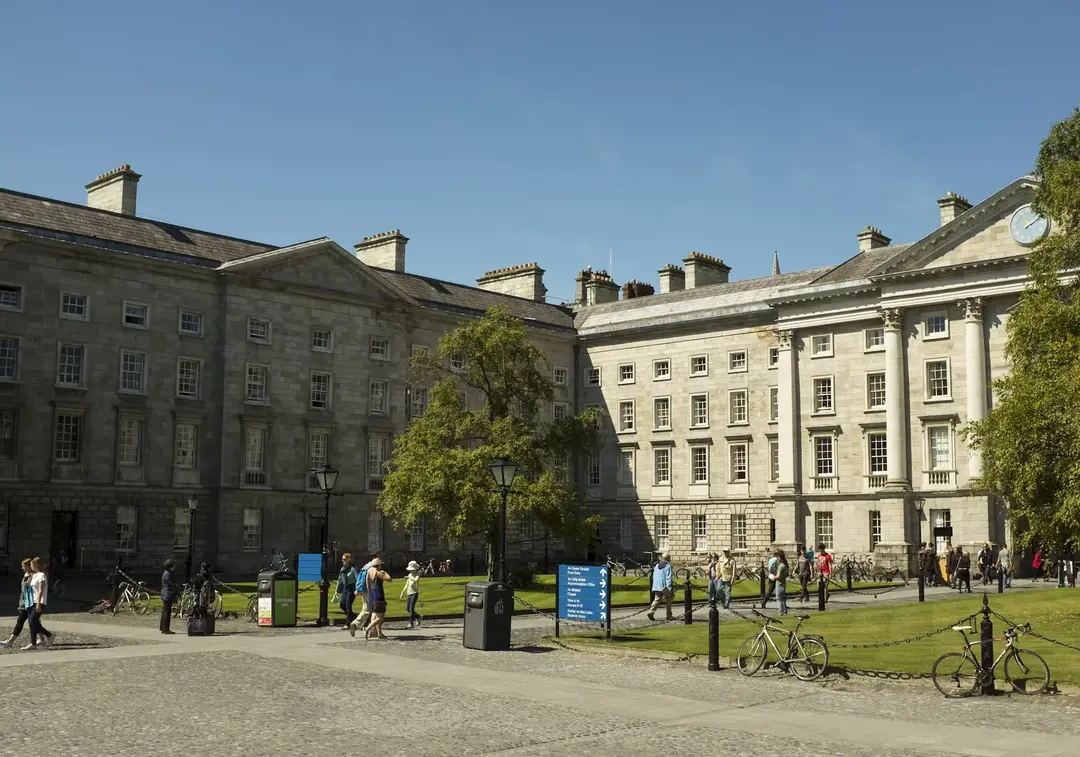Table of Contents
ToggleWays To Identify A Fake Degree Certificate
Although degree fraud is becoming more common and sophisticated, it doesn’t take much for employers to protect themselves from its ill effects. It is illegal to present fake degree certificates and transcripts as genuine documents. Under the Fraud Act 2006, it can result in a prison sentence of up to ten years. These are some of the signs to identify fake certificates:
- Verification code presence.
- Embossing.
- Branded seal.
- Hologram watermark (visible in light).
- Written signature.
- No spelling mistakes (not printed).

1. Design
Fraudsters often believe that an ornate, Gothic typeface denotes prestige and tradition, and many of the fake certificates encountered use this technique. In the real university world, this sort of typographical representation is outdated. By and large, most contemporary fake certificates are modelled on their real-world counterparts. However, there are still many old universities with fake certificates in circulation, such as this piece of calligraphy from “Canterbury University.”
Printed signatures are also a major sign of the certificate being fake. Since authentic certificates feature hand-written signatures without any spelling errors. The use of printed signatures may suggest that the certificate was mass-produced or digitally manipulated, raising doubts about its authenticity.
2. Language
Another way how to check degree certificate is original or fake is by Language. The presence of Latin terminology on a degree certificate should be regarded as a red flag. Expressions such as ‘Cum Laude’ are popular with US universities, whereas UK higher education institutions (HEIs) use ‘with honours’. It has not been practice for UK providers to issue degree certificates in Latin for at least 10 years. Contemporary certificates are in English. Latin versions are occasionally issued as mementos, but are supplementary to the English version.
3. Components
Just as universities take increasingly sophisticated security measures to protect the integrity of their documents, fraudsters play catch-up and develop their own versions of crests, seals and holograms. If in doubt, check the insignia on the certificate with the university website. Always ask to see the original certificate, not a photocopy. The only sure way of not being conned by a fake certificate, of course, is to check the authenticity of the certificate with the university that issued it.
4. Location
The easiest way on how to spot a fake degree guide is through fake university websites that usually provide contact information, including a postal address. It’s a feature that, if excluded, wouldn’t go unnoticed. Any doubts about the legitimacy of a university site can be rectified instantly by putting the postcode into StreetView. Some fake universities are in serviced offices, car parks and even on traffic roundabouts. Before you even reach the StreetView stage, inconsistencies or insufficiencies in the address may give the game away. A PO Box or mailing house address, for example, is unlikely to be used by a real university.
5. Domain
Ascension Island is a popular domain choice for fake website providers. This is because the .ac suffix is as close as it’s possible to get to ac. uk. With the exception of private providers, such as BPP University, genuine UK degree-awarding bodies have .ac. uk domains which are carefully restricted. The fundamental rule is, if it doesn’t look like a university website address, it probably isn’t.
6. Order Of Words
Although in conversation people are likely to say, ‘I went to Manchester University’ or ‘Manchester Uni’, on paper it’s The University of Manchester (the uppercase ‘T’ is the correct mode). Any degree certificate that says ‘Manchester University’ is fake. This is one of the most common forms of misrepresentation that can easily be checked.
7. University Authentication
Another one of the ways to identify a fake degree certificate. The UK has a large and diverse higher education sector and, even within the UK, recruiters don’t necessarily know their Queen Marys from their Queen Margarets. Mergers, name changes and rebranding have been the norm in the HE sector since the evolution of polytechnics into universities after 1992. For example, the University of North London merged with London Guildhall University (formerly the City of London Polytechnic) in 2002, to form London Metropolitan University.
Avoid Fake-Degree Burns
Mentioned below are some ways to spot a fake degree:
Detecting Fake University Degrees
Although it’s not always easy to tell if academic credentials are from an accredited institution, federal officials say there are clues to help you spot questionable credentials on a resume or application. Look for:
Sequence Degrees
There are many ways how to spot a fake degree guide when you review education claims. You might expect to see degrees earned in a traditional progression, high school, followed by bachelor’s, master’s, and doctoral or other advanced degrees. If an applicant claims a master’s or doctoral degree, but no bachelor’s degree or if the applicant claims a college degree, but no high school diploma or General Educational Development (GED) diploma, consider it a red flag, and a likely sign of a diploma mill.
Quickie Degrees
It generally takes time to earn a college or advanced degree…three to four years for an undergraduate degree, one or two years for a master’s degree, and even longer to earn a doctorate. A degree earned in a very short time, or several degrees listed for the same year, are warning signs for the hiring official or the person doing the preliminary screening.
Schools Locations Different From The Applicant’s Job Or Home
If the applicant worked full-time while attending school, check the locations of the job and the educational institution. If the applicant didn’t live where he went to school, check to see if the degree is from an accredited distance learning institution. If the degree is not from a legitimate, accredited distance learning institution, it may be from a diploma mill.
Sound-Alike Names
Some diploma mills use names that sound or look like those of well-known colleges or universities. If the institution has a name similar to a well-known school but is located in a different state, check on it. Should you come across a degree from an institution with a prestigious-sounding foreign name, that calls for some homework, too? Researching the legitimacy of foreign schools can be a challenge, but consider it a warning sign if an applicant claims a degree from a country where she never lived.
PS: If there’s anything more you’d like us to know about. Add it to the comments section!
We hope you enjoyed reading this blog on ‘How To Spot A Fake Degree Guide’. Do check out our other blogs.

















1 thought on “Top PGDM Courses In Canada: Universities, Specialisations & Eligibility”
I have done Bachelor’s in Culinary Arts from India and completed my graduation in the year 2022 .I am 22 years old. After graduation, I have done 1 year paid internship from USA .Now, I would like to take occupational experience and learn culinary skills and also do masters in Culinary arts.How can I find the college n best course / country where I can persue studying further